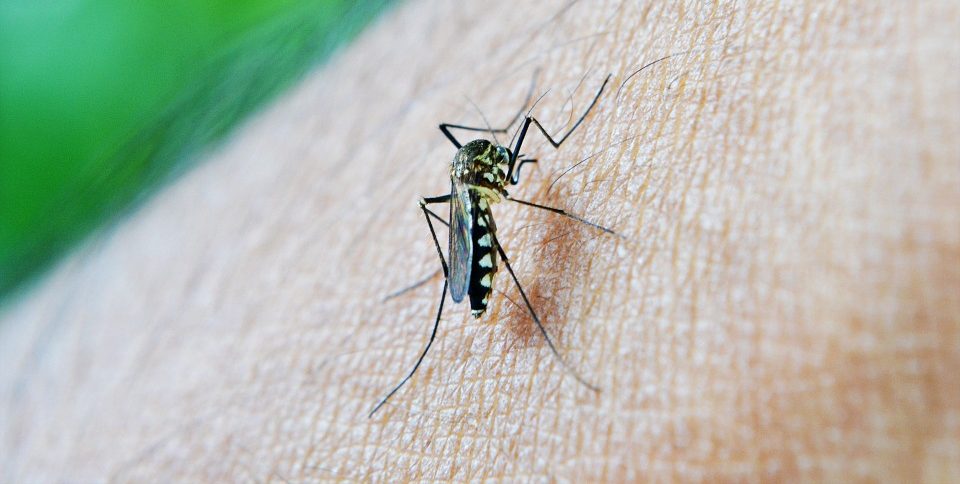
Zika Virus is a virus that, prior to 2015, had outbreaks solely in areas of Africa, Southeast Asia, and the Pacific Islands. In May 2015, the Pan American Health Association reported the first confirmed diagnosed Zika infection in Brazil, South America. Since May, breakouts have spread across the world and are continuing to appear in many different countries and territories. The World Health Organization is responding to the international Zika virus outbreak with a “Level 1 activation”, which is the highest level of concern. Although there have been no localized mosquitoes spreading the Zika virus, people traveling abroad have returned to the US, unknowingly bringing the infection with them and passing it via sexual intercourse. In the male the virus passes through the prostate gland to reach the body. There are certain measures you can take in order to protect yourself from the Zika virus, as well as measures that should be taken during an outbreak.
Prevention
Taking preventative measures – or gaining knowledge on prevention – can make a major difference during an outbreak. Conducting mosquito surveillance, or hiring an exterminator to keep an eye on mosquitos, is a good prevention technique. As mentioned before, there have not been any localized mosquito-borne Zika outbreaks in the US. That doesn’t mean it isn’t possible. Being aware and educated in where mosquitos generally live, such as wetlands like swamps, ponds, and marshes, could help you avoid heavily infested areas on a walk or camping trip.
Preventing mosquito bites is also important and is something that should be done regardless of the Zika virus or not. Mosquito bites irritate the skin, and Zika isn’t the only disease that a mosquito can carry. Using bug spray is the most effective measure against mosquito bites, especially sprays that include DEET, the most effective insect repellent. An example of this is Ben’s 30 Insect Repellent, that is 30% DEET and offers up to ten hours of protection. Clothes and shoes can also be treated with a spray on repellent.
Thoroughly researched travel plans are a must have during a Zika outbreak, especially if you plan on going to the Southern US, the Virgin Islands, Mexico, or the Bahamas. Those are high-risk areas as they are near Brazil, where Pan-American outbreak originated. If you are pregnant, you should under no circumstances travel to an area with Zika. There is enough evidence to suggest that Zika can cause microcephaly and other severe birth defects. Having an Obstetrical Emergency Birth Kit on hand during a crisis, especially for those in high-risk areas, can provide critical supplies for emergency childbirth situations where immediate medical care might not be available. There is no extensive evidence, but there is enough to conclude that Zika can cause microcephaly (when the babies head is smaller than it should be in proportion to the body, which can in turn lead to brain damage and impaired development) and other genetic disorders or severe birth defects.
Using protection during sex is also important if one or both partners have been to an area with Zika risks. The first incident of sexually transmitted Zika occurred in Florida, USA. Using protection can prevent the spread of the virus as well. Consult with a doctor prior to having unprotected sex again, especially if the goal is to get pregnant.
A pandemic protection kit (or the addition of outbreak specific items to your First Aid Kit) can help in the event of a virus breakout. Something containing gloves, antiseptic, black scba masks, wipes, and a thermometer will aid in providing temporary treatment while protecting the virus from potentially spreading.
Treatment
There is currently no specific treatment for the Zika virus. Treating the symptoms and avoiding spreading the virus is the best thing that you can do if infected. An acetaminophen regimen can be begun to aid in fever reduction and pain relief (unless another regimen is begun by your doctor). Get rest and prevent dehydration.
The outbreak of the Zika virus is daunting, but when certain preventative measures are taken, there is a higher probability that you will be ready in the event of a US-borne outbreak.
For further information and to check out my source, visit: cdc.gov.


